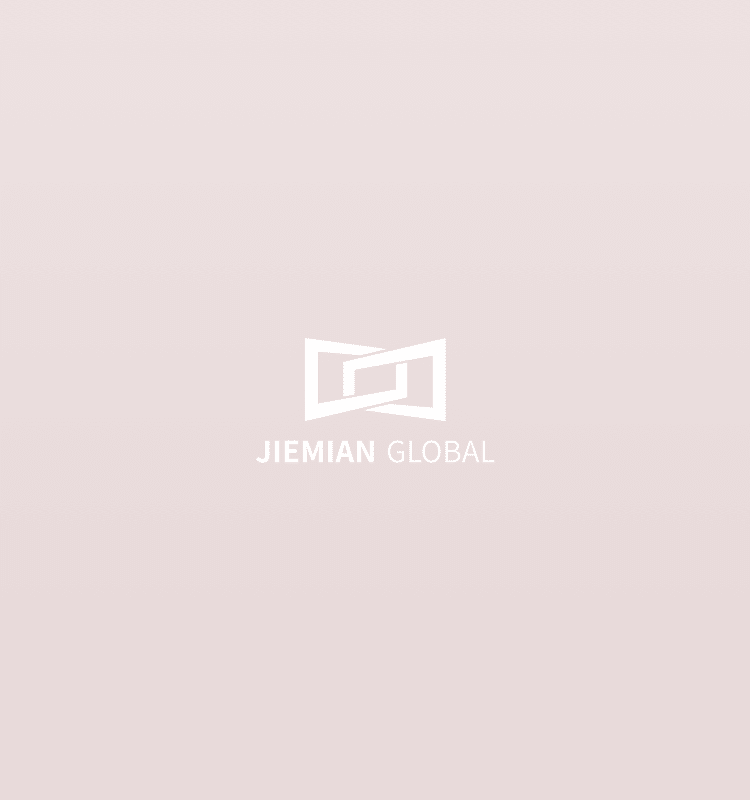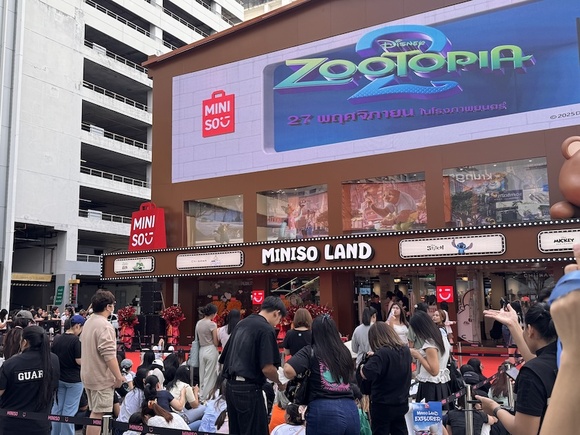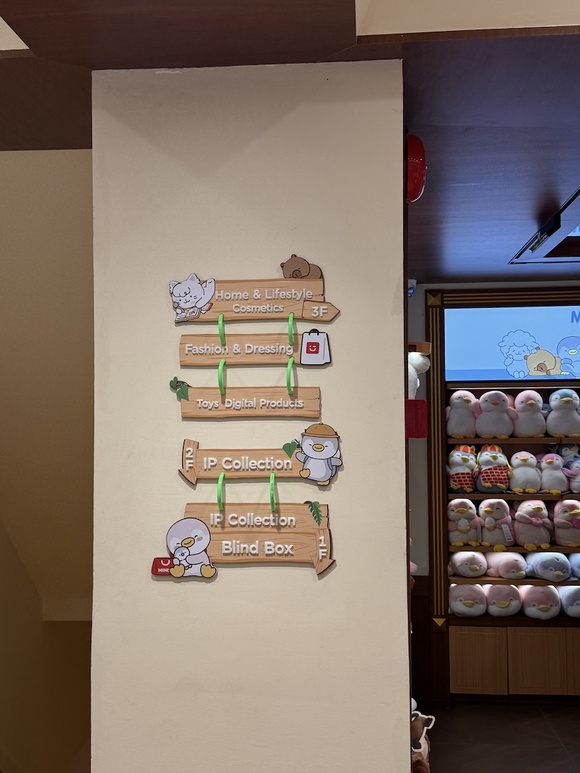
by LU Yibei
Miniso, the Chinese retailer best known for its low-cost lifestyle stores, has opened its first MINISO LAND flagship in Bangkok, marking a major step in its transformation from a budget retailer into a global cultural brand.
Modeled after China's designer-toy leader Pop Mart, the new store reflects how Miniso is moving beyond selling affordable goods to building a business around design, licensed characters and cultural content — a shift it hopes will secure long-term global relevance.
Founded in 2013 in Guangzhou and often described as "China's Muji meets Pop Mart," Miniso now operates more than 7,700 stores across 112 countries and regions. Built on affordable design and China's fast, flexible supply chain, the retailer is moving up the value chain — from mass-market goods to cultural merchandising — as it seeks to export Chinese aesthetics and creative content worldwide.
Founder YE Guofu said Miniso will invest about 100 million yuan (about US$14 million) this year to acquire and develop character-based intellectual properties (IPs), calling it the core of its transformation into a cultural brand. "If we don't spend that much, we've failed," Ye said on a podcast.

The three-story, 1,000-square-meter (10,764-square-foot) store on Siam Square features more than 8,000 products tied to 80 licensed and self-created characters, including Disney, Hello Kitty and Thai-inspired mascots. Designed as an immersive space with themed zones for social-media engagement, the store embodies Miniso's ambition to turn shopping into an entertainment-driven experience.
Miniso entered Thailand through franchise partners in 2016 but switched to direct operations this year. Sixteen stores have already been upgraded, with 100 more planned within five years. About 85% to 90% of the Bangkok flagship's merchandise is IP-based — far higher than in China — featuring exclusive Zootopia collectibles, locally themed designs and regional limited editions.

Pop Mart, founded in 2010, became China's leading designer-toy company by building a vast portfolio of artist-created characters such as Molly and Labubu and turning collectibles into a mainstream pop-culture phenomenon through partnerships with Disney, Harry Potter and Sanrio. Miniso hopes to follow a similar path while leveraging its global supply chain and retail footprint to scale faster internationally.
Its original character YouYou Jiang has generated 40 million yuan (about US$5.6 million) in sales and could exceed 100 million yuan next year, according to company estimates. The company has also licensed Butter Bear, a viral Thai dessert-shop mascot. LIU Xiaobin, vice president and chief marketing officer, said Miniso has been signing more artists and accelerating product launches over the past six months, adding that distributors in China and abraod placed strong orders at its September fair.
Miniso's new vinyl-and-plush toy line — like Pop Mart's collectibles — has already generated 800 million yuan in revenue since late 2024 and is expected to surpass 1.2 billion yuan this year. "Pop Mart's success was only the beginning of the designer-toy era," Liu said. "Artist-driven IPs won't be monopolized by one company."
China's designer-toy market has tripled since 2020 and could reach 87.7 billion yuan in 2025, data from the China Business Industry Research Institute show. Pop Mart leads with an 11.5% share, but rivals such as Miniso and 52Toys are expanding fast into pop-culture merchandise. The shift underlines how Chinese consumer brands are moving from selling products to shaping culture.